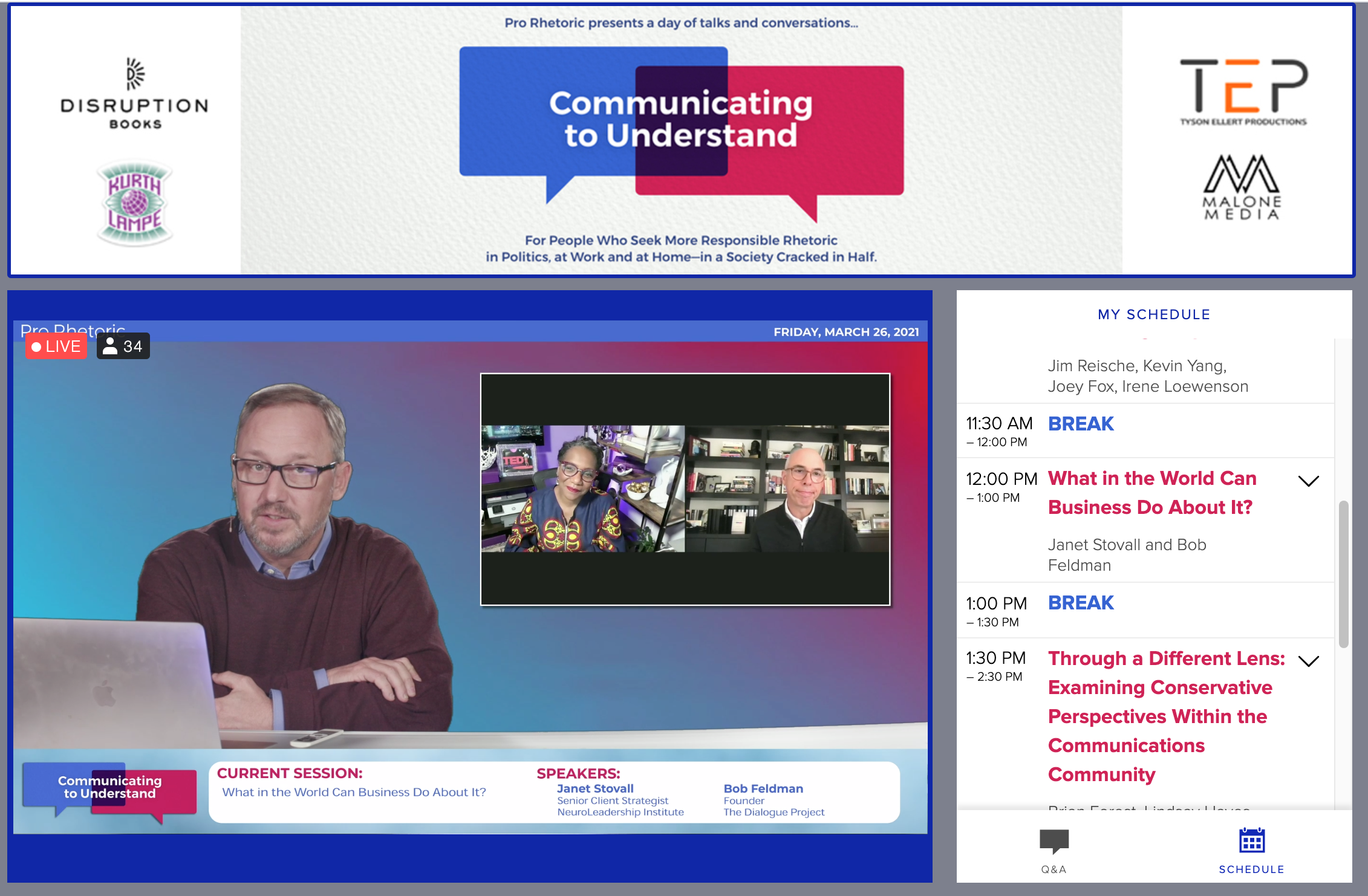In the back of the old garage: amazing discoveries in the Vital Speeches archives
May 05, 2011
On a happy visit last week to the Phoenix, Ariz. headquarters of the publisher of Vital Speeches—I edit the magazine out of my home office in Chicago—I saw the archives of the publication for the first time. There wasn’t a lot of time, so I dug almost randomly into a box and came out with several issues from the 1945 volume. I read the issues on the flight home, with a double Scotch. Frankly, it was all I could do not to ask the flight attendant to sell me a package of Chesterfield cigarettes.
Some of the speeches (maybe most) concern issues and events that are mysterious, and others rely on context lost to history—or at least lost to me.
But as I’ll explain in a few posts over the coming weeks, some of this rhetoric is surprisingly relevant. Weeks after VE Day, would you have expected, for our first instance, to read finger-wagging speeches accusing Americans of harboring Nazi attitudes of their own?
“I can see in America, along with big business also, the union racketeer, using the same technique by which the Nazis rose to power, the gangsters’ ultimatum—‘or else,'” said Detroit Free Press editorial director Malcolm W. Bingay at the Economic Club of Detroit on May 16, 1945. He had visited Germany’s ruins, and found the scene horrific and … familiar.
All over America you can find that “or else” spirit in a people too tired to live up to their responsibility as citizens, people too timid and fearful that something might happen. They might lose their money, they might lose their social position, they might lose their political opportunity. The same spirit that I find in my beloved America, I found in the hell that was once a great and prosperous Germany.
And so I say to you in closing, anyone among us who has hate in his heart for his fellow mortal, to the extent of that hate he has accepted the philosophy of Nazism.
And any man who is afraid to speak his mind; any man who is afraid to declare himself an American citizen, standing on the fundamental principles that gave this nation its birth; any man who for cowardice or for mere gain, or prestige of position, who will prostitute his faith, he, to, at heart is a Nazi.
And that was neither the harshest nor the most persuasive rebuke of the self-righteousness Americans might have been forgiven for feeling they’d earned. On June 15, University of Chicago president Robert Maynard Hutchins delivered cannon shot of a speech at commencement exercises. He accused Americans of a lack of “intellectual integrity” where the war was concerned:
So we call Japanese soldiers fanatics when they die rather than surrender, whereas American soldiers who do the same thing are heroes. We prove that all Germans are murderers and all Japanese apes, and at the same time insist that we are going to have one world in which all men are brothers. We say we are going to re-educate the Germans, and adopt a policy of non-fraternization. We hate slavery and propose forced labor. We want order in Europe but not if we have to sacrifice to prevent starvation. We are against dictatorship, but dictatorship of the proletariat is the exception. And the new day dawns by the light of the burning homes of Tokyo and Yokohama.
He goes on to question whether Americans have any right to punish Germans for their war crimes:
We may hesitate a little to punish Germans for crimes against Germans unless we are ready for a foreign investigation of American crimes against Americans. I should feel better about having Americans judge the anti-semitism and the concentration camps of Germany if I could forget the anti-semitism and lynchings in the United States. Our religious and racial intolerance is unorganized, and violence is sporadic and illegal. We have not yet gone in for these things on the grand Nazi scale. But we are sufficiently vulnerable to lay ourselves open to some embarrassment if we wet ourselves to pass judgment on the domestic conduct of other nations.
Of one crime the German people were certainly guilty, and that is the crime which the new realism sanctifies, the crime of indifference. The German people, all but a few million of them, were indifferent to the rights of man and indifferent to the violation of these rights by those in power. If any nation can be found which is not guilty of this crime, then it is qualified to judge the German people for their indifference to the crimes committed by Germans against Germans. As for ourselves, it is not unfair to say that the American people, except for a few million of them, are guilty of the crime of indifference in the face of race prejudice, economic exploitation, political corruption, and the degradation of oppressed minorities. This guilt does not assist our claim to judge and punish the German people for theirs.
I can’t put my finger on why—or maybe I don’t dare to—but I did think of these surprisingly sharp, surprisingly soon postwar words during the mindless chants this week in baseball parks of U.S.A., U.S.A., U.S.A.
One thing I do know for sure. Next time I’m in Phoenix, I’m going to spend more time in that garage.
In fact, I might make a special trip. —DM


